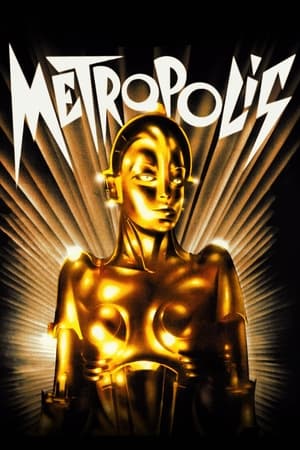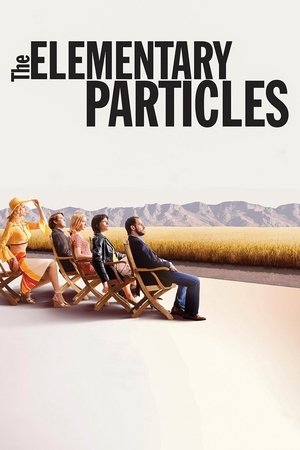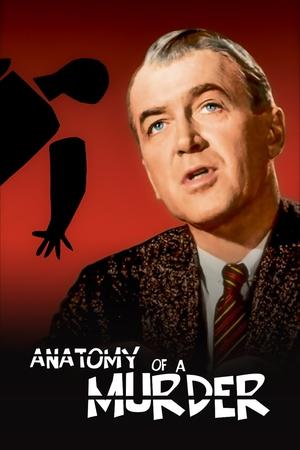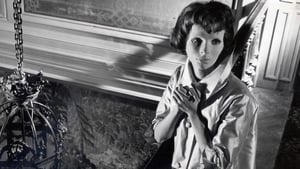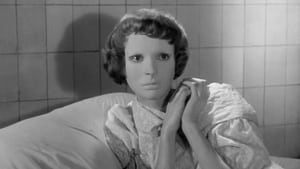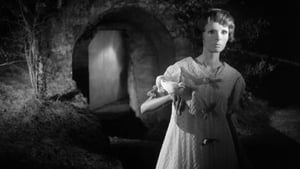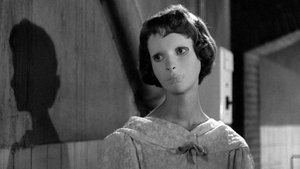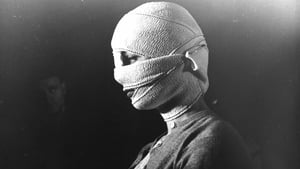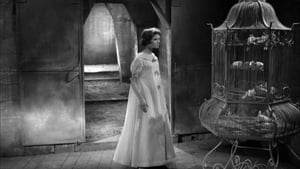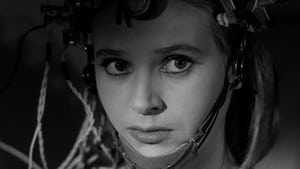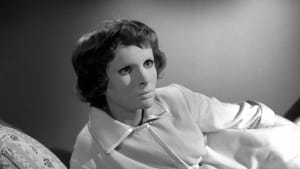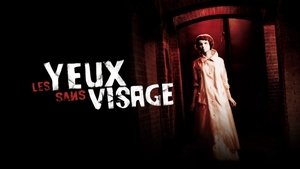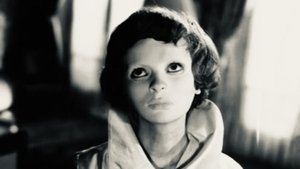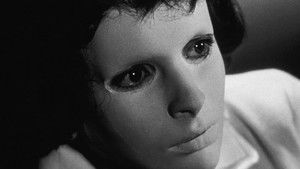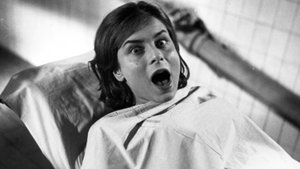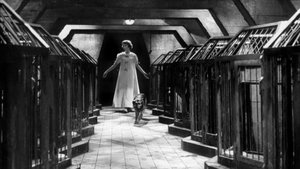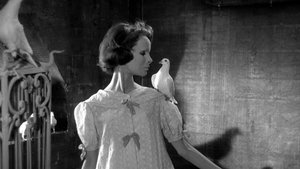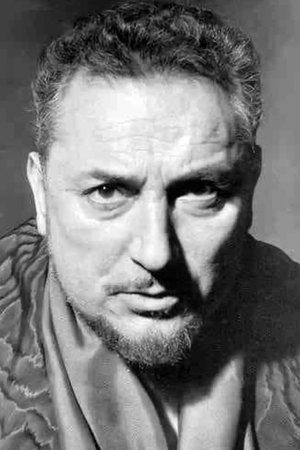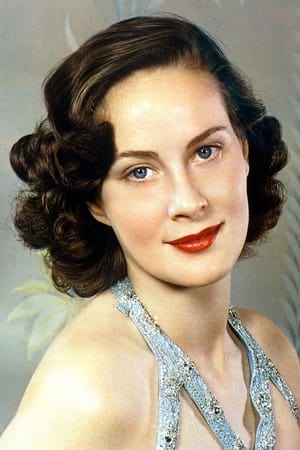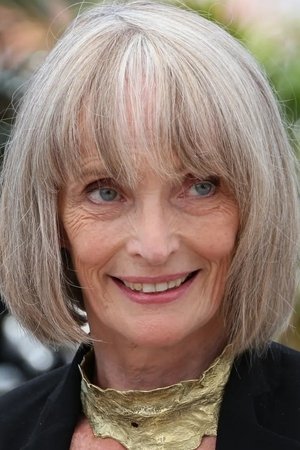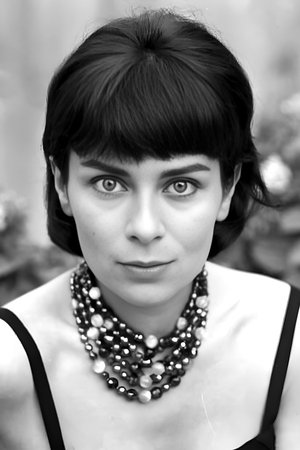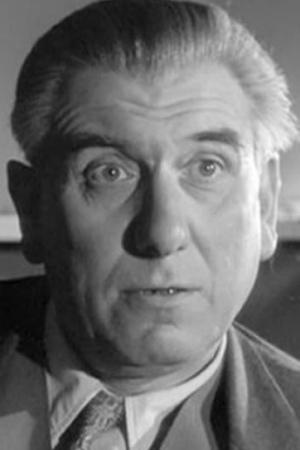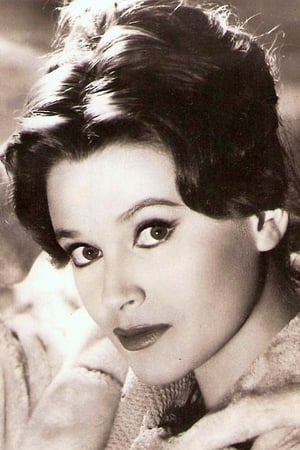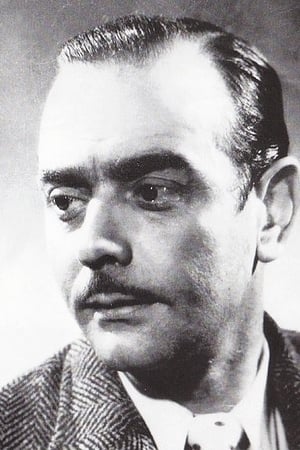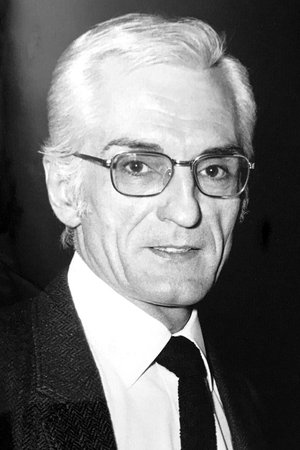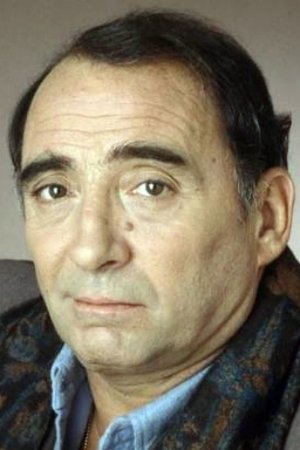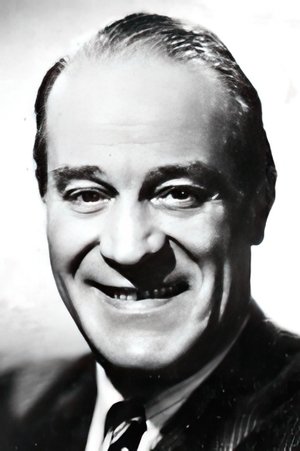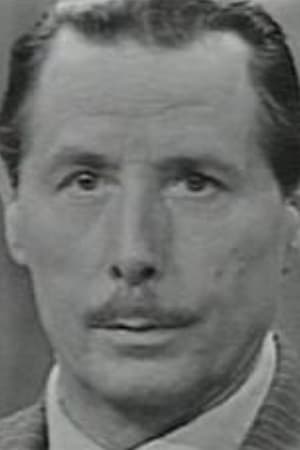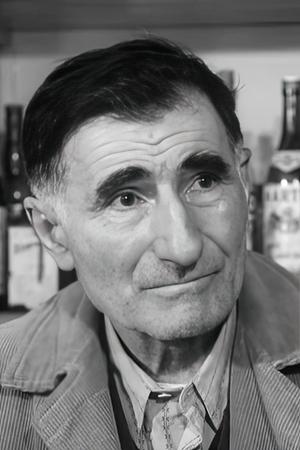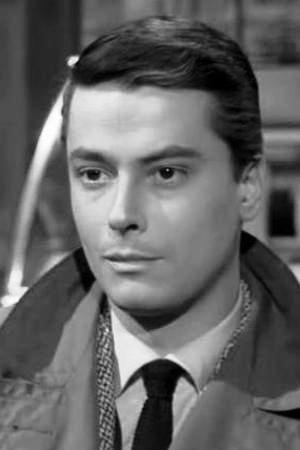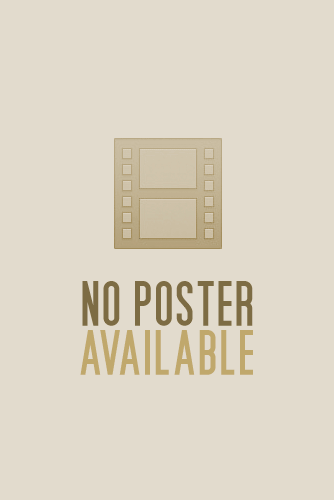-
John Chard
How odd I should have to comfort you. You still have some hope, at least. Les yeux sans visage (AKA: Eyes Without a Face) is directed by Georges Franju and collectively written by Franju, Jean Redon, Pierre Boileau, Thomas Narcejac and Claude Sautet. It stars Pierre Brasseur, Edith Scob, Alida Valli, Juliette Mayniel and Francois Guerin. Music is by Maurice Jarre and cinematography by Eugen Schufftan. Dr. Genessier (Brasseur) is wracked with guilt over the car accident he caused that saw his beloved daughter Christiane (Scob) suffer horrendous facial injuries. He has a notion to perform xenograft surgeries on female victims and transplant the face onto that of Christiane… It sounds like a classic mad scientist movie, the sort where Peter Lorre stalks around the place with a devilish grin on his face, only the French version! Eyes Without a Face isn’t that sort of horror film, haunting? Yes, but there is no killing for joy or sadism here, it’s done for love, to assuage guilt whilst advancing science. Oh it’s still madness, but there’s a real sadness to Dr. Genessier’s actions, touchingly so, and with Franju a master of hauntingly lyrical splendour, it’s a film as beautiful as it is troubling. Christiane is a living doll, a slow moving angel forced to wear a porcelain mask to hide her badly burned face. As she glides around the Gothic halls of the Genessier house – and the lower tier corridors of the hospital that’s annexed to the house - Franju never wastes a chance to poeticise a scene, using slow and long takes in silence that imbue the story with a sense of the foreboding. Even when there is dialogue, it’s always in hushed tones unless it involves the police, who are naturally suspicious of the good doctor Genessier. A number of evocative scenes are truly arresting, gorgeous in construction and meaning, none more so than the very final scene that closes the pic down. But the most talked about scene is the one of horror, the surgery procedure that we actually see, a magnificent breath holding sequence, gruesome but once again, done in the name of love! The tragedy of which is palpable. From the opening of the film as Louise (Dr. Genessier’s assistant played by Valli) drags a dead body to a lake, to a moving sequence as Christiane visits the caged dogs that serve as guinea pigs for her father’s experiments, the blend of horror with fairytale like sadness is beautifully rendered. Tech credits are very high. Schufftan’s photography is graceful and sombre, whilst Jarre’s musical score, particularly the macabre carnival tune he uses, is coming straight from the aural chambers of the surreal. Brasseur is terrific as Genessier, again playing a doctor (he was wonderful the year before in Head Against the Wall), Genessier is a tortured soul with ice cold blood running through his veins, and Brasseur nails it. The French Laird Cregar? Yes. That’s a justifiable compliment. In truth all performances are high in quality, with props to Scob who has to wear the immobile mask and act just with her sad puppy dog eyes. As the doves fly, this is what it sounds like when dogs – and a porcelain angel – cry. Indeed. 9/10
-
CinemaSerf
I don't think I've ever seen a film that marries the macabre and the gentle; the evil and the enlightened and the just plain horrifying in quite the way that Georges Franju does with this masterpiece. Pierre Brasseur as "Dr. Génessier" is simultaneously sinister, brutal, loving and tender as he uses every means at his disposal to try to correct an accident that has left his daughter "Christiane" (Edith Scob) disfigured. He will stop at nothing - quite literally - and the coup de grâce is still something that makes me shudder, even now. Not for the squeamish, nor is it gratuitous. It's just great.
please Login to add review

